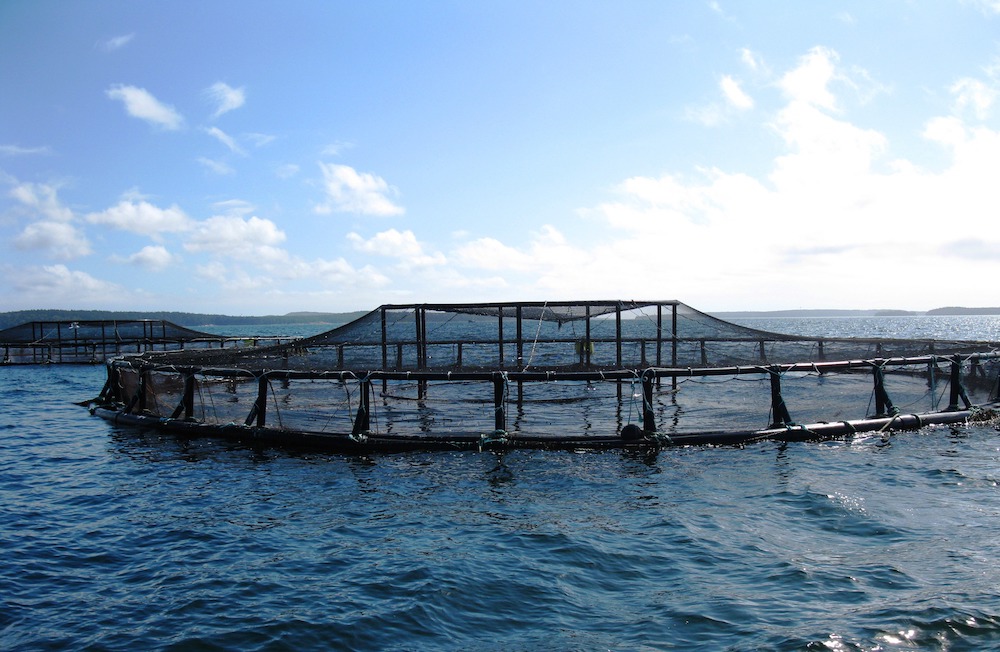
Let’s not forget the 250,000 fish that escaped from Cooke Aquaculture’s pens here in the state of Washington. Cooke put out the exact same damage control messaging after an escape that happened in Newfoundland in 2013.
Newfoundland’s great fish jailbreak took place on September 18, 2013, when a damaged sea pen, roiled by currents and tides, discharged 20,000 farmed Atlantic salmon into the frigid freedom of Hermitage Bay. Cooke Aquaculture, which owned the failed pen, swiftly set about controlling the damage in the media, if not the ocean. Seals and other predators would scarf up the rogue salmon, the company assured the CBC. The fish, it added, “pose[d] no threat to the environment.”
A new genetic analysis, however, refutes that dubious claim. Researchers with Fisheries and Oceans Canada (DFO) have shown that the fish fled Hermitage Bay, fanning out and infiltrating many of southern Newfoundland’s rivers. There, the escapees interbred with their wild cousins—potentially weakening the gene pools of imperiled populations.
LINK (via: Hakai Magazine)





